It is every parent's worst nightmare - but would you know what to do if your son or daughter went missing?
Here, using information from Pace UK, Missing Persons Bureau, Missing Kids UK, and Shay Bilchik's book 'When Your Child Is Missing: A Family Survival Guide', we answer your most commonly asked questions about what to do if your little one disappears.
What should I do if my child is missing?
Children run away for a number of reasons and, on most occasions, they return home safely. However, if your child is missing or has run away from home, you must IMMEDIATELY contact the police.
Dial 999 in an emergency situation or call your local police force on 101 (or you can find details of your local force at: www.police.uk)
REMEMBER: You don’t have to wait 24 hours before contacting the police. If your local police are not responsive, insist on speaking to a Senior Officer.
What information will police need from me?
REMEMBER**:** The police may also ask for details of the missing person’s dentist and/or doctor in order to obtain their dental, medical and possibly hospital records; in some cases your permission may be sought to obtain these.
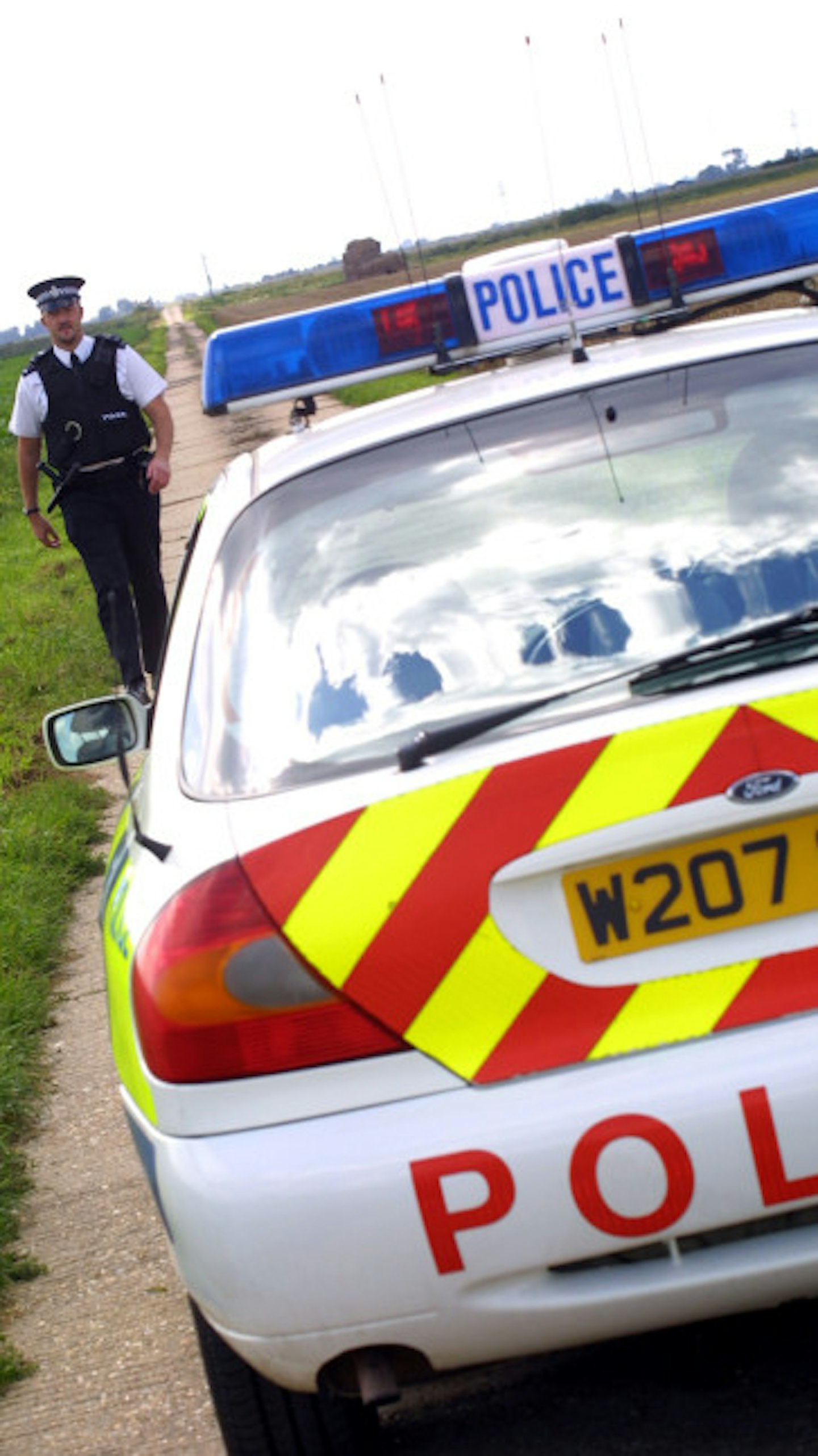
Will police need photos of my child?
In most cases, police will ask you for recent photos of your child. Try to find several clear and recent headshots - ideally in colour.
If you have a photo of your child in the outfit they were wearing when they went missing, this will also be very useful to investigating officers.
What else should I be doing to help police with their investigation?
As part of their investigation, the police may need to collect items and material that can provide forensic evidence
To help with this, you should consider limiting access to the missing child’s bedroom or home until the police have searched and collected evidence
REMEMBER: Clothing, bedding and other personal items may hold important evidence and information for the police, so do not wash anything or clean their room. Do not touch their hairbrush or toothbrush (or other items used only by the missing person) and when police conduct a search, ensure that these items are highlighted to police, as they may wish to take them for the collection of DNA and fingerprints.
Who should be my point of contact?
Ask for the name and telephone number of the law enforcement investigator assigned to your case, and keep this information in a safe and convenient place.
REMEMBER: Designate one person (ideally someone your child knows and trusts) to answer your telephone. Keep a notebook or pad of paper by the telephone so this person can jot down names, telephone numbers, dates and times of calls, and other information relating to each call.
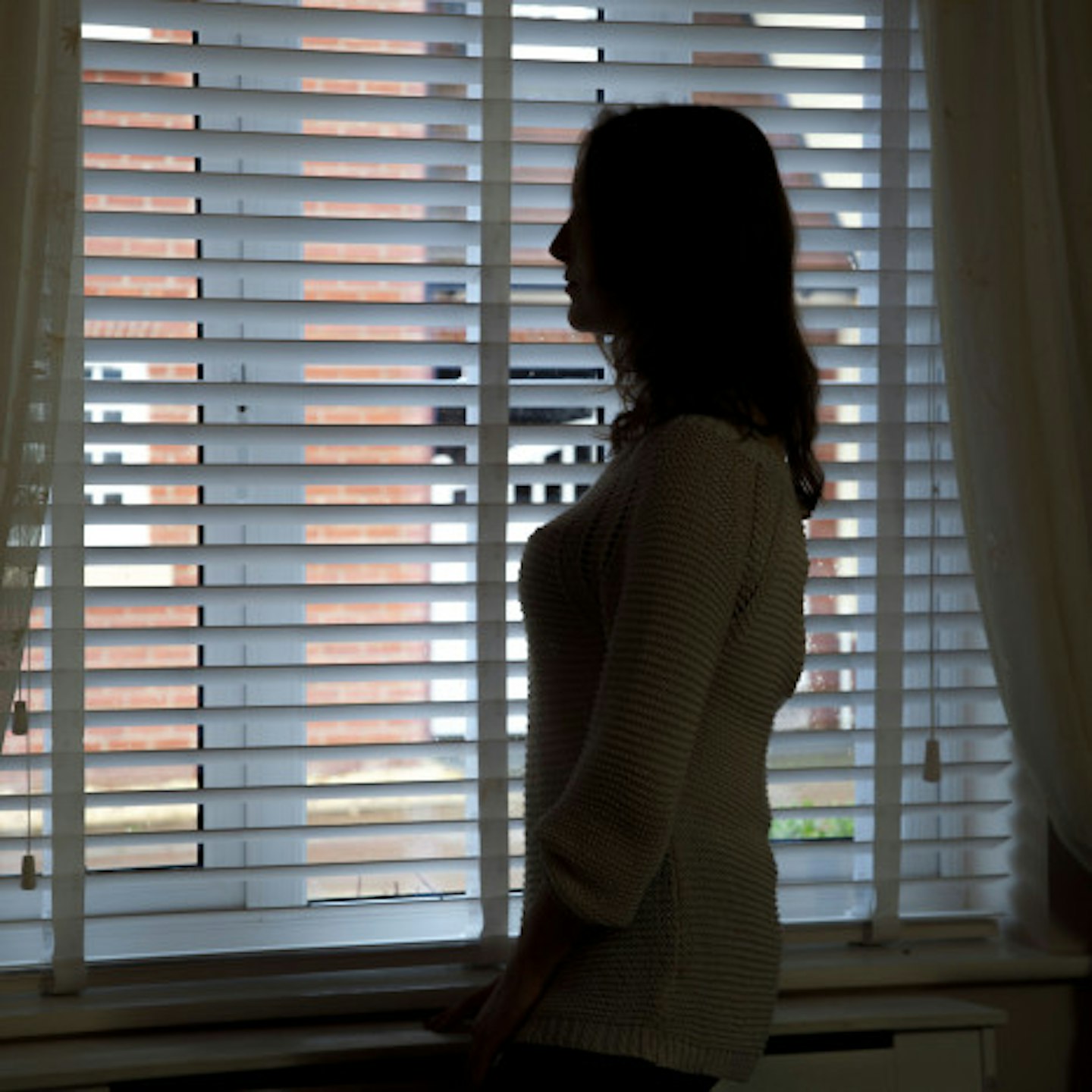
What is a Family Liaison Officer?
In some cases, the police may allocate a Family Liaison Officer (FLO) to assist with the investigation. This is more likely to happen in suspicious cases where the police believe that the missing person may have come to harm.
Family Liaison Officers may also be able to help you get in touch with a charity, such as Missing People, which can provide support and assistance during this difficult time.
What will police do to find my child?
Once you have reported your child missing to the police, they will make an assessment of the level of risk to them. Your child’s age and the circumstances of their disappearance (eg whether or not they have been reported missing before) will dictate the level of investigation they undertake.
Once this has been established they will begin searching for your child.
This may involve:
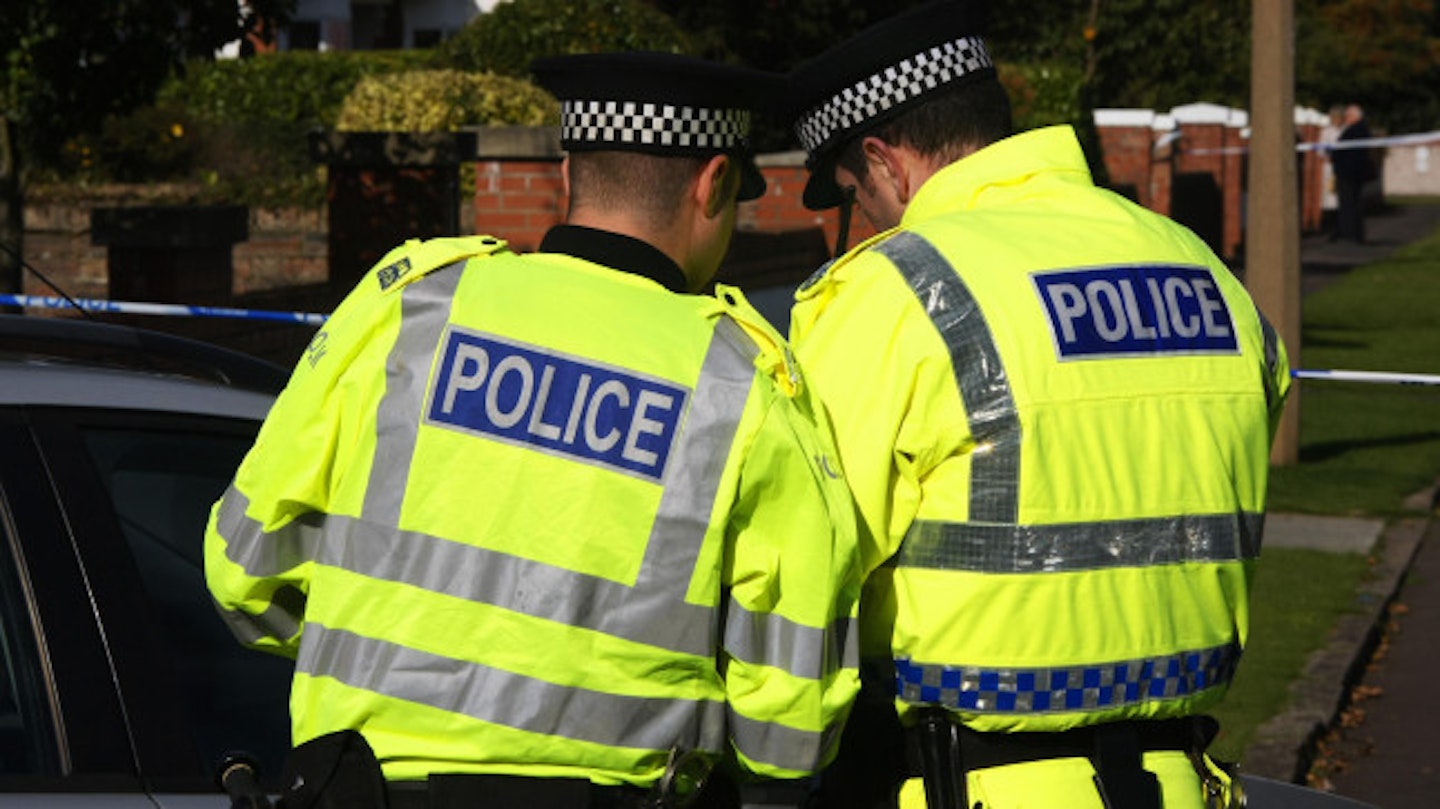
What else should I ask police to do?
PACT advise that, if you do not know where your child is and you believe that they have been abducted, you ask police to do the following:
Should I still search for my child myself once the police are involved?
Speak with the police to reach some agreement as to what you should do whilst they are searching, so that you do not duplicate each others’ efforts.
If you do head out to search for your child, ensure that someone remains in the family home - just in case your child returns home of your own accord.
What else can I do to help find my child?
You can do many things to assist in the search for your missing child.
For example, you could try to contact your child’s friends, or the parents of their friends. Or you may wish to pass on the police contacts you have to other parents who may have information about your child’s whereabouts.
REMEMBER: Parents of other children exposed to exploitation may not want you to know that they have information, for fear of implicating their own child.
How often will I hear from police?
Try to make an agreement with the police as to how often you expect to hear from them and if you don’t, how frequently you will contact them for an update.
You should (as mentioned earlier) have the name and contact details of the person managing your child’s case.
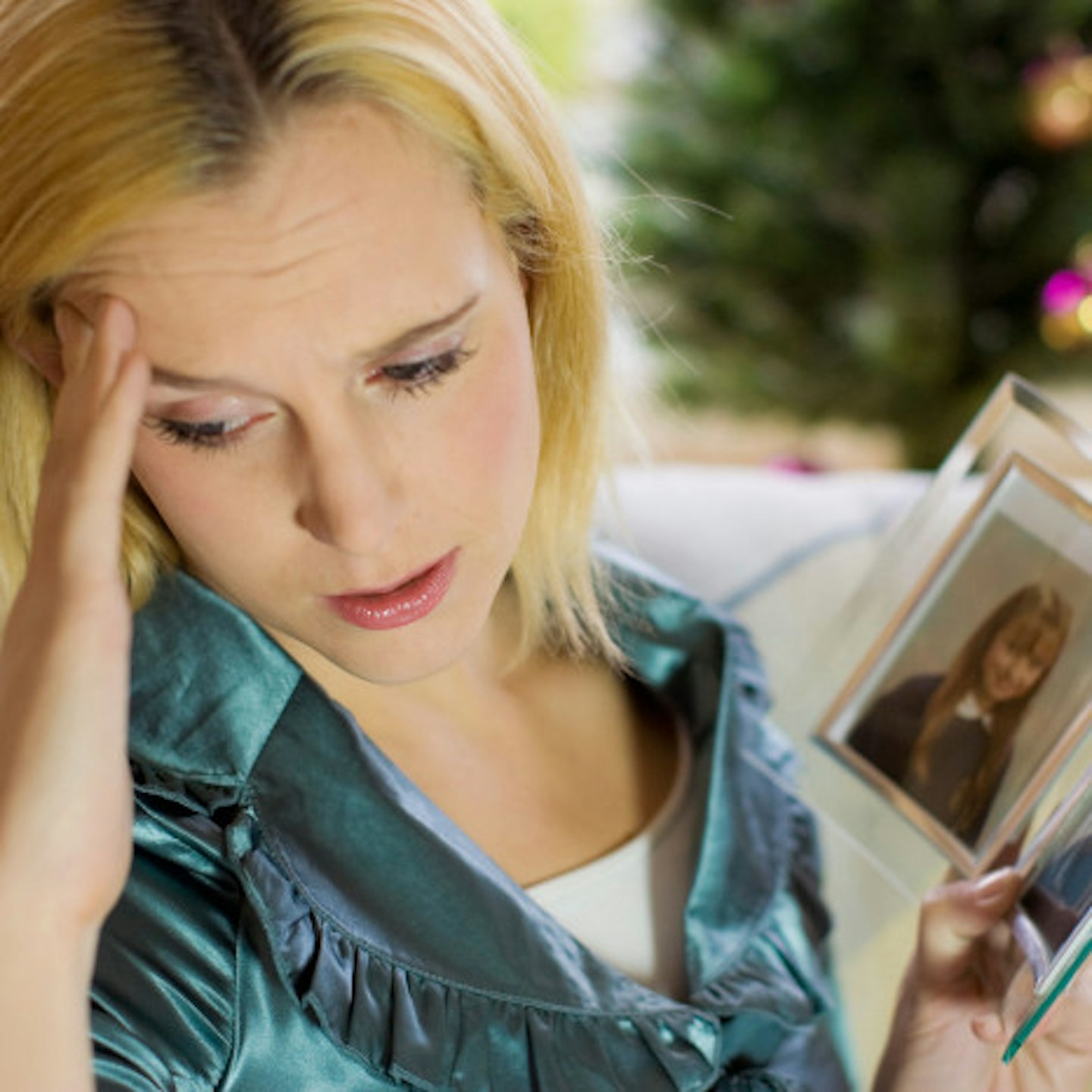
Should I contact the media?
Ask police investigating the case to put out a missing person bulletin on Facebook and Twitter. You can also raise awareness yourself through posters and social networking, but this should be done in coordination with the police.
You should also ask them for their assistance in contacting the media, as many believe that the sooner television and radio begin notifying the community that a child has been kidnapped, the better the chances of recovery.
REMEMBER: ASK THE POLICE TO HELP WITH CONTACTING THE MEDIA - DO NOT DO SO YOURSELF.
This will help to make sure that any activity you carry out has the greatest chance of success and fits in with what the police are doing.
You should also discuss what information about the missing person should and should not be given to the media with the police officer investigating the case, as this may affect the investigation.
In rare cases, police may advise against publicity and if so, they will tell you the reasons for doing this.
What will the media need from me?
You should prepare a package for the media, containing:
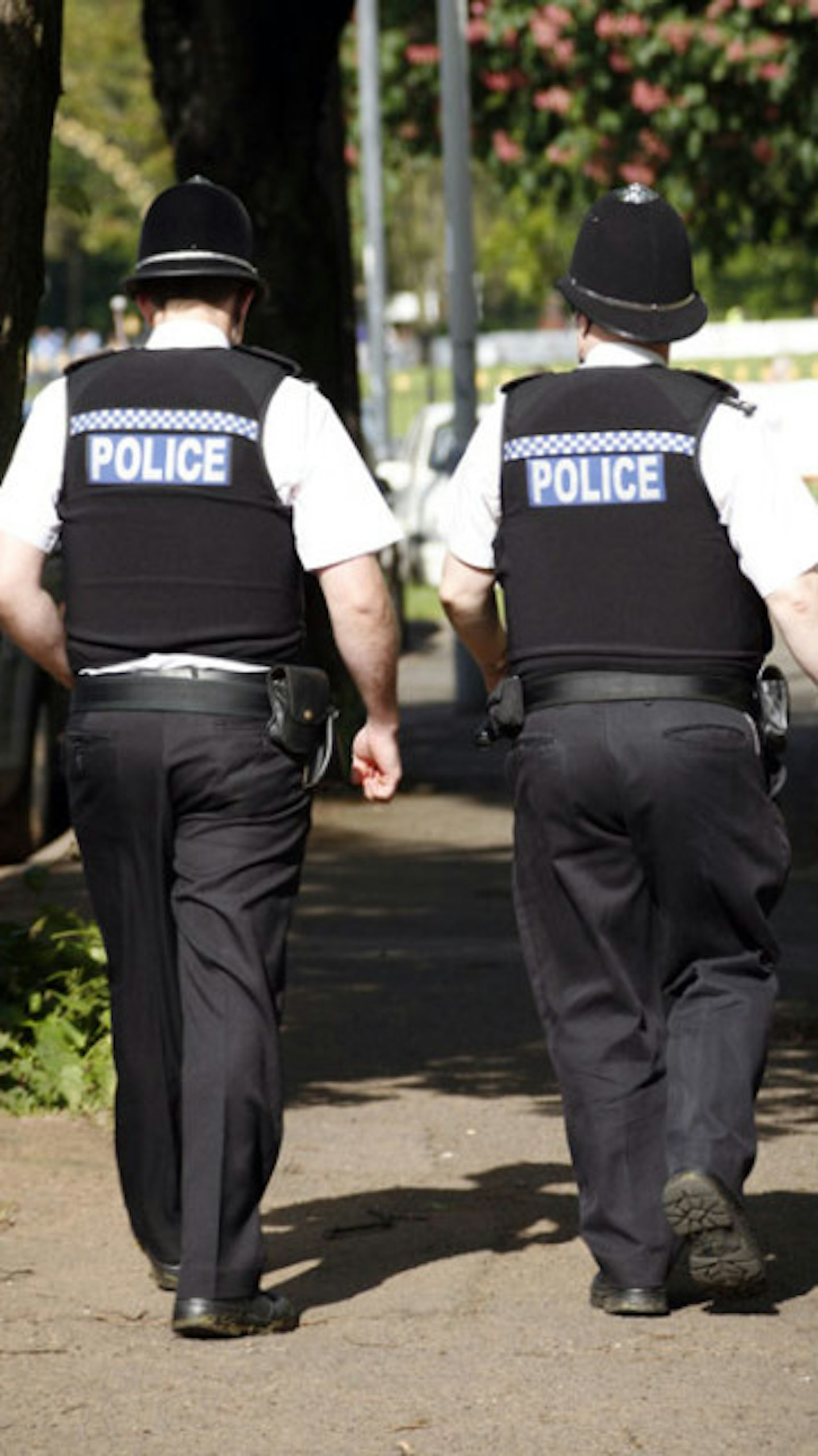
Should I schedule a press conference?
You should work alongside the police to organise a media press conference.
Try to arrange it around media deadlines, so that information can be made public as quickly as possible.
Speaking in When Your Child Is Missing: A Family Survival Guide, Shay Bilchik explains: “Many parents have found 10am and 1p to be good times because they give reporters enough time to prepare stories for both the noon and evening news.”
Will I be a suspect in my child’s disappearance?
Speaking in When Your Child Is Missing: A Family Survival Guide, Shay Bilchik explains: “As painful as it may be, accept the fact that a large number of children are harmed by their own families, and therefore you and your family will be considered suspects until you are cleared.
“To help law enforcement move on to other suspects, volunteer early to take a polygraph test. Insist that both parents be tested at the same time by different interviewers, or one after another.
“This will help to deflect media speculation that one of you was involved int he disappearance.”
REMEMBER: You should be prepared for hard and repressive questions from investigators - try not to respond in a hostile manner. They are just doing their job.
Should I tell police if I suspect someone I know has taken my child?
Speaking in When Your Child Is Missing: A Family Survival Guide, Shay Bilchik explains: “It is not often that a total stranger takes a child.
"Don’t feel guilty about relying suspicions concerning someone you know.”
Which organisations help find missing people?
You can contact:
](http://missingpersons.police.uk/en/resources/factsheets-for-families "http://missingpersons.police.uk/")
](http://www.missingpeople.org.uk/ "http://www.missingpeople.org.uk/")
](http://uk.missingkids.com/ "http://uk.missingkids.com/")
](http://www.look4them.org.uk/ "http://www.look4them.org.uk/")
](http://www.ceop.police.uk/missing/ "http://www.ceop.police.uk/missing/")
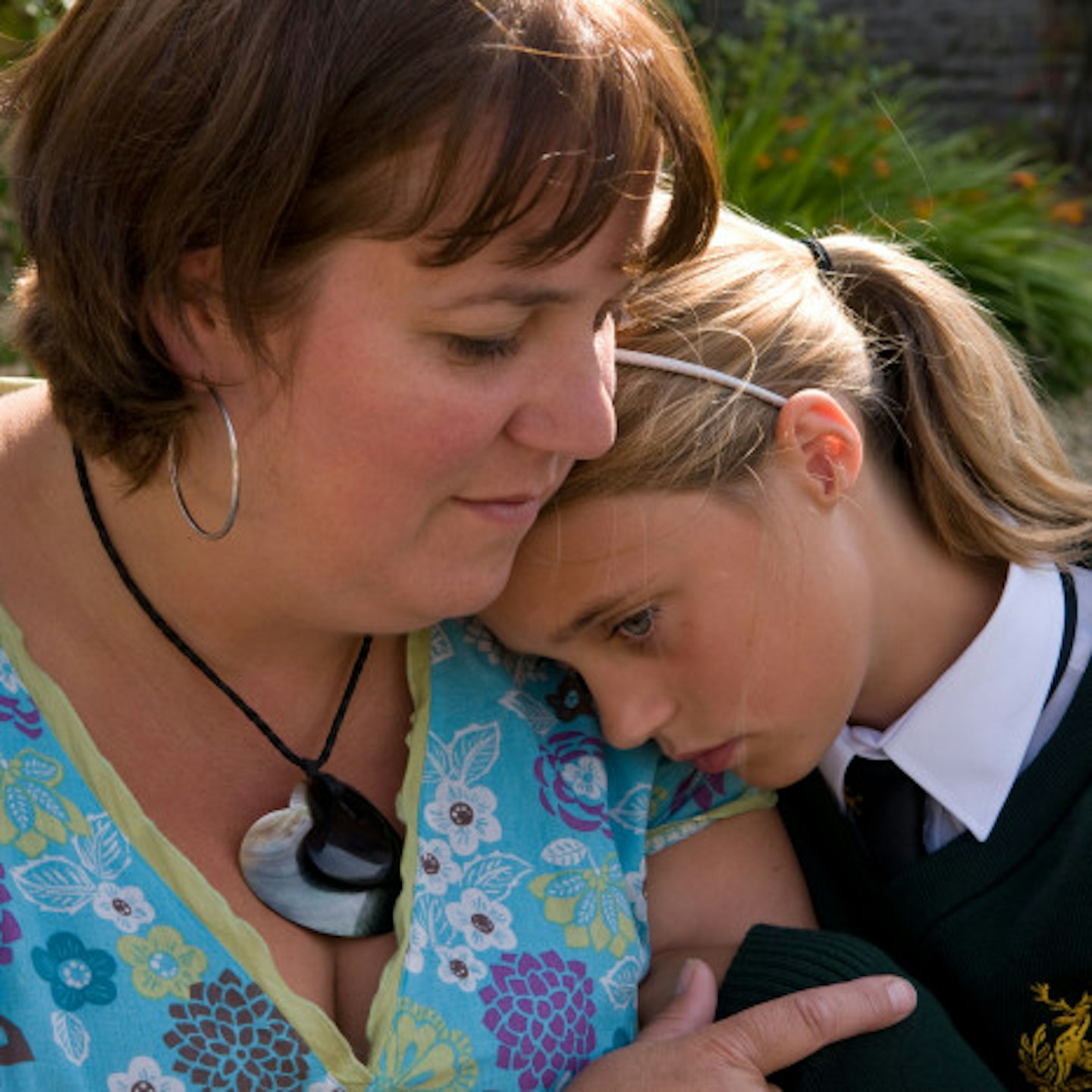
What happens when my child returns home?
PACE UK explain: "Your child may return of their own accord, but if the police locate them then they will most likely undertake a ‘safe and well check.’ This should be within 72 hours of the child’s return, but can vary from force to force.
"In some areas a Return Home Interview (RHI) is carried out. It is worth asking your force or social services department if they offer such a service. It may be carried out by a third party or independent person, to whom the child may find it easier to disclose exploitation.
"The RHI aims to explore the reasons why the child has gone missing and looks for opportunities to prevent further episodes. However this is rarely straightforward in the case of child sexual exploitation. The child may refuse to disclose their whereabouts out of loyalty to the perpetrators, or because they have been groomed to believe they are in a consensual relationship."
